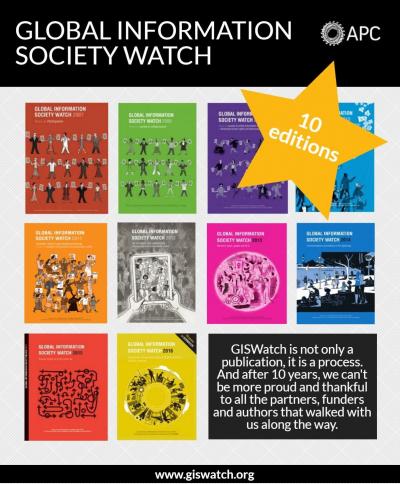A methodology for mapping the emerging legal landscapes for human rights in the digitally networked sphere
Organization
The methodology used to conduct the research for Unshackling Expression is based on a methodology developed by SMEX. This chapter provides an overview of the methodology's development and use. For the purposes of our own research, the methodology, insofar as it related to the classification of laws into legal foundations, fundamental rights and freedoms, governance of online and networked spaces, sectoral laws and other laws, was especially helpful in defining the scope and limitations.


